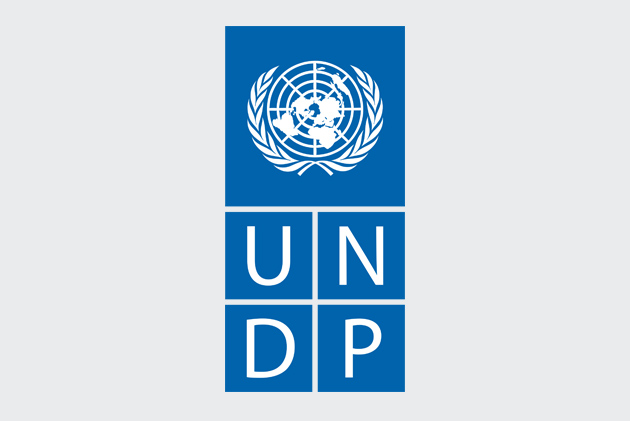
UNDP works helping to achieve the eradication of poverty, and the reduction of inequalities and exclusion. It helps countries to develop policies, leadership skills, partnering abilities, institutional capabilities and build resilience in order to sustain development results. UNDP focuses in three main areas; sustainable development, democratic governance and peacebuilding and climate and disaster resilience. In all their activities, they encourage the protection of human rights and the empowerment of women, minorities and the poorest and most vulnerable.
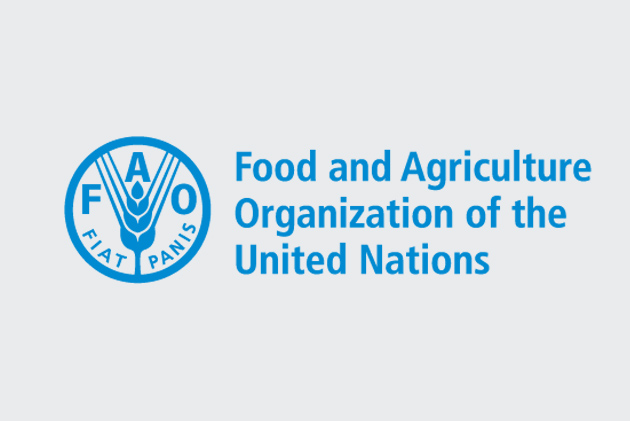
Achieving food security for all is at the heart of FAO’s efforts. Three main goals are; the eradication of hunger, food insecurity and malnutrition; the elimination of poverty and the driving forward of economic and social progress for all; and, the sustainable management and utilization of natural resources, including land, water, air, climate and genetic resources for the benefit of present and future generations.

The Global Environment Facility (GEF) was established on the eve of the 1992 Rio Earth Summit, to help tackle our planet’s most pressing environmental problems. Since then, the GEF has provided $14.5 billion in grants and mobilized $75.4 billion in additional financing for almost 4,000 projects. The GEF has become an international partnership of 183 countries, international institutions, civil society organizations, and private sector to address global environmental issues
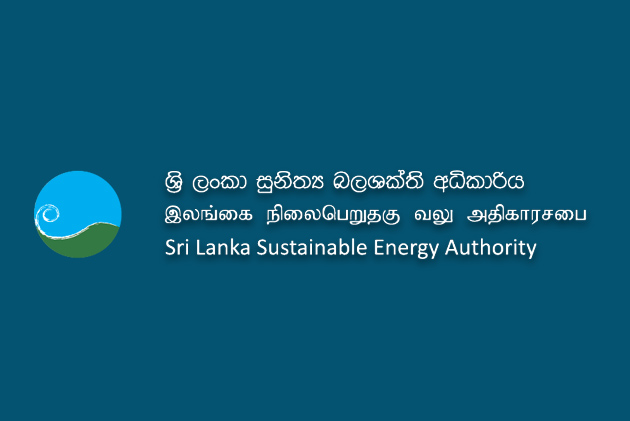
The Sri Lanka Sustainable Energy Authority was established to guide the nation in all its efforts to develop indigenous energy resources and conserve energy resources through exploration, facilitation, research & development and knowledge management in the journey of national development, paving the way for Sri Lanka to gain energy security by protecting natural, human and economic wealth by embracing best sustainability practices.
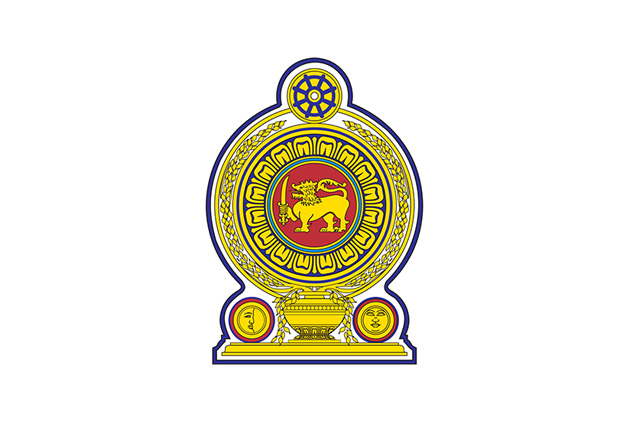
The Ministry of Mahaweli Development and Environment of Sri Lanka remains committed for the management of the environment and natural resources of the country, maintaining the equilibrium between the trends in rapid economic development and use of natural resource base.
Social and economic behaviour of the increasing human population has put a major threat in achieving these objectives. The ministry has framed key policies for adoption in management of environment and natural resources of the country. These policies are implemented with the participation of stakeholders including government, agencies, NGO’s and communities.
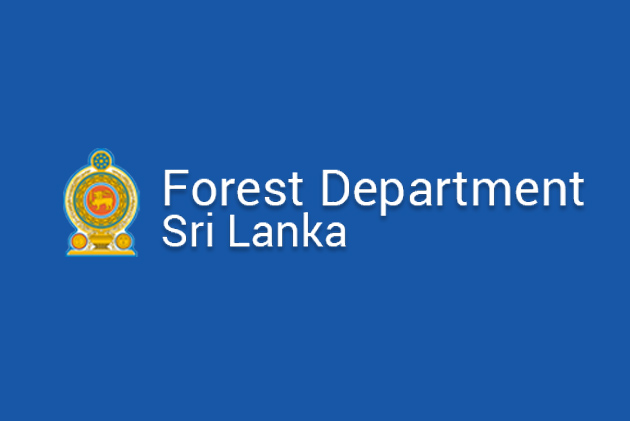
Forest Department was started as the Office of the Conservator of Forests in 1887 denoting the commencement of forest conservation and scientific forestry in Sri Lanka. Both forest and wildlife management was carried out by the Forest Department until the establishment of Department of Wildlife Conservation in 1949. Today about 55% of the forest lands of the country falls under the purview of the Forest Department while the balance forest area is primarily managed by the Department of Wildlife Conservation with an exception of very small extents of isolated forest patches under the purview of other state agencies and private ownership. Forest Department also manages ninety thousand hectares of forest plantations.
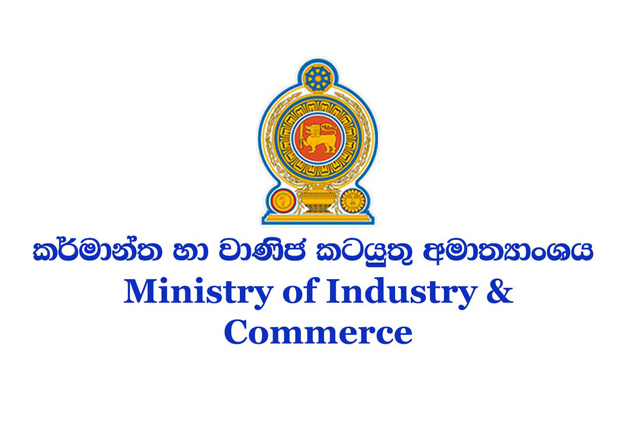
Ministry of Industry and Commerce (MIC) plays a dynamic role in the development of the industrial sector. It is the key Ministry responsible for promoting industrial development in the country within the wide policy framework by the government. This Ministry which is the policy formulating entity for the industrial sector has taken several initiatives to increase the industrial sector performance with emphasis on; diversified high value added industry base, high economic growth, more employment opportunities, environment sustainability, sustainable industrial development and regional industrial development.
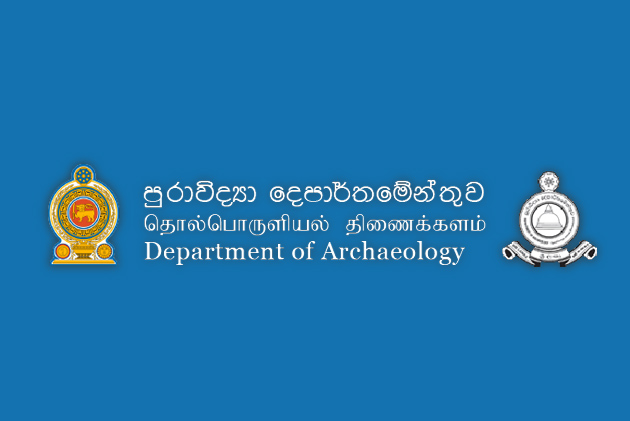
Their mission is to enhance the productivity, profitability and sustainability of the plantation industry through economically, socially and environmentally established plantation sector. The following principal activities are carried out for development in the plantation sector Enhancing the productivity of cultivated lands in the plantation sector; increasing the annual rate of tea and rubber replanting, promoting the new planting in non-traditional areas, implementing research and development programmes and promotion, value addition for goods and services and promoting brand names, protecting and conservation of the ecosystem through the sustainable use of the lands.